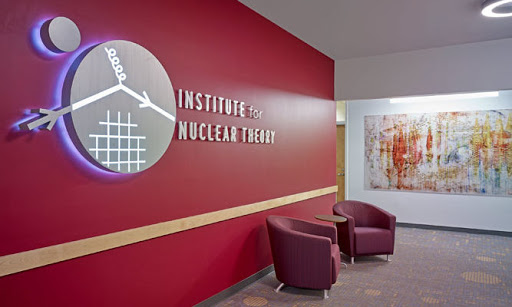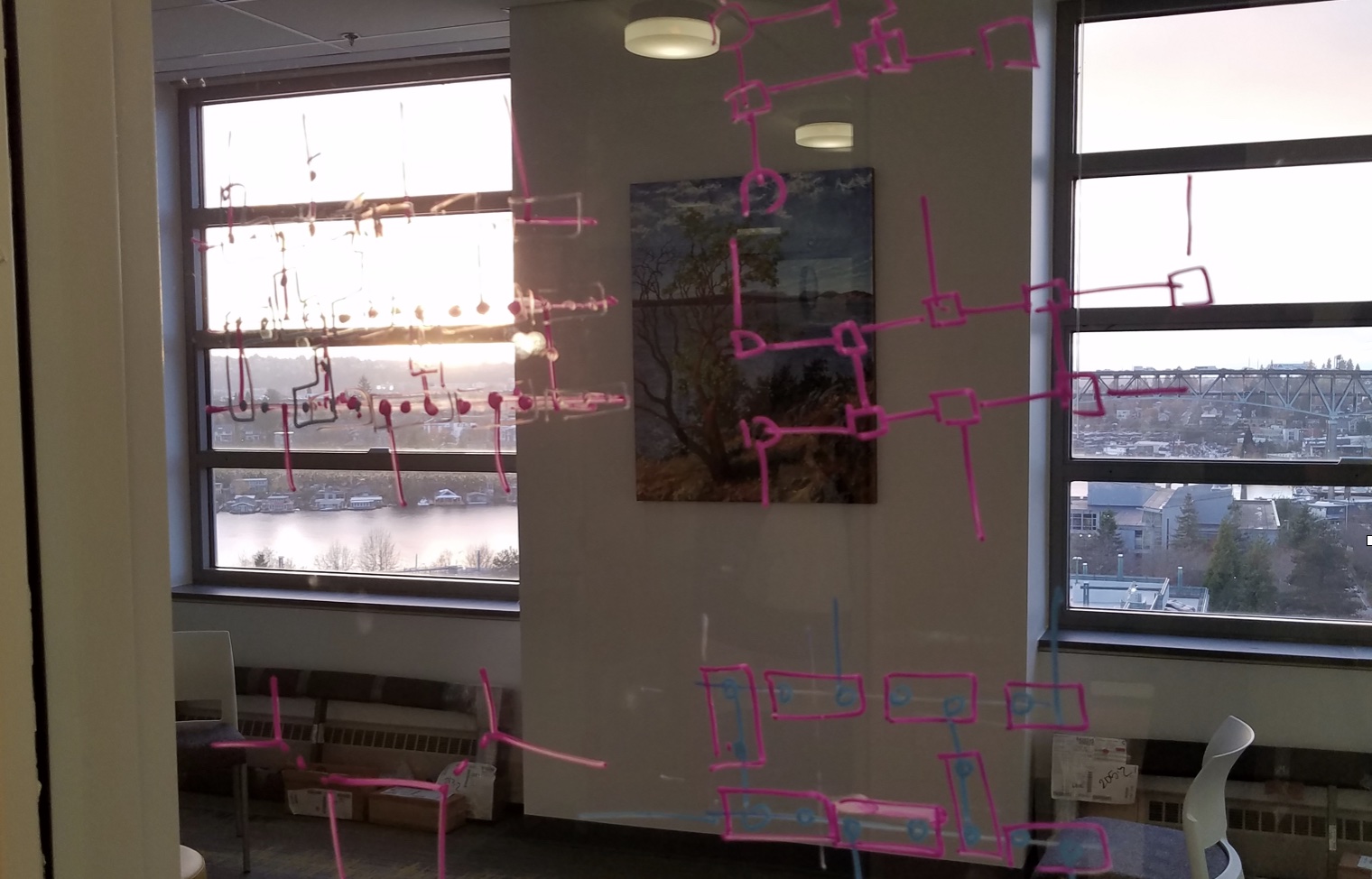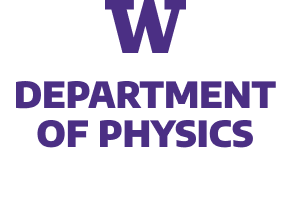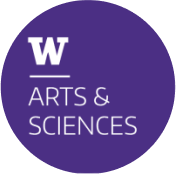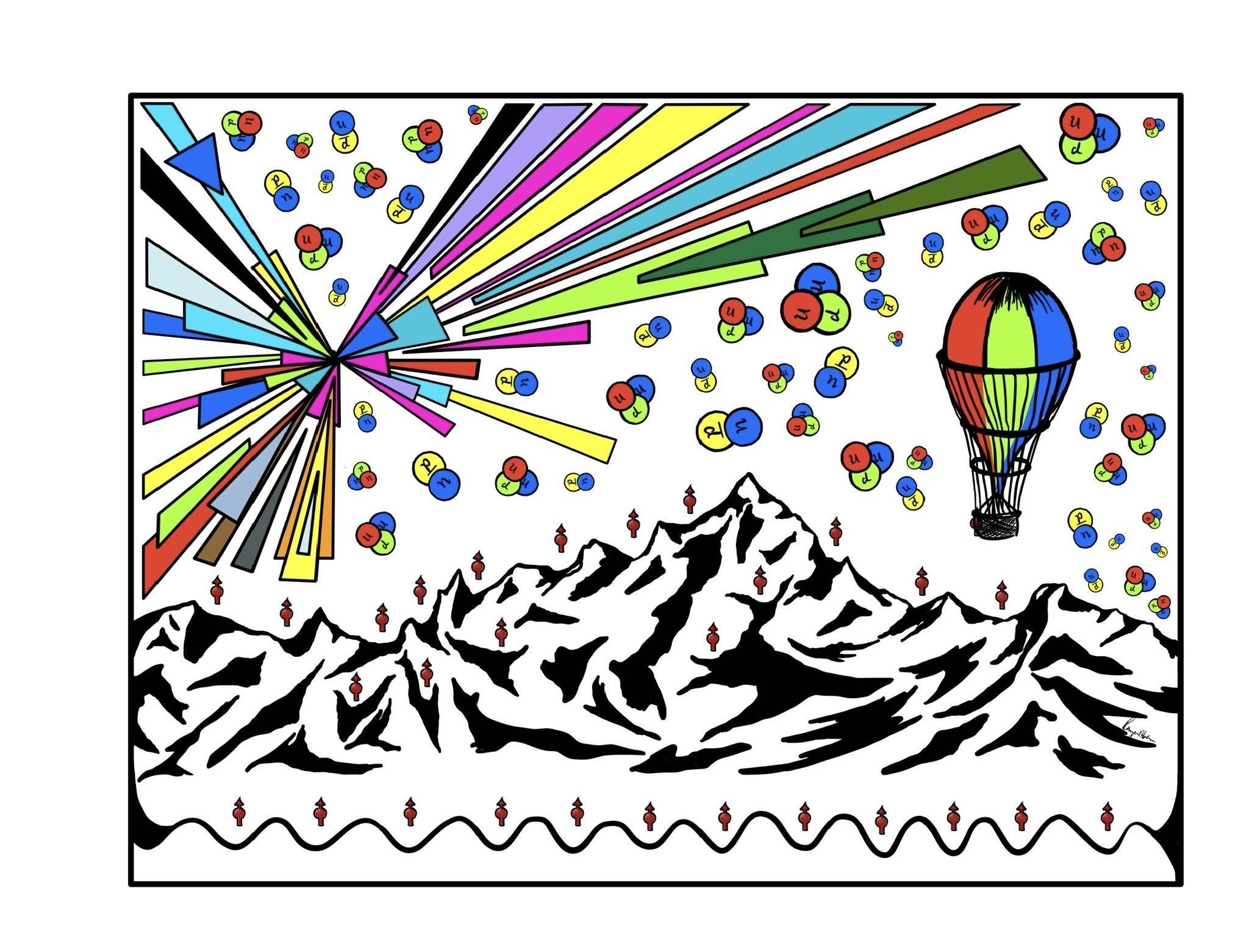
Thermalization, from Cold Atoms to Hot Quantum Chromodynamics
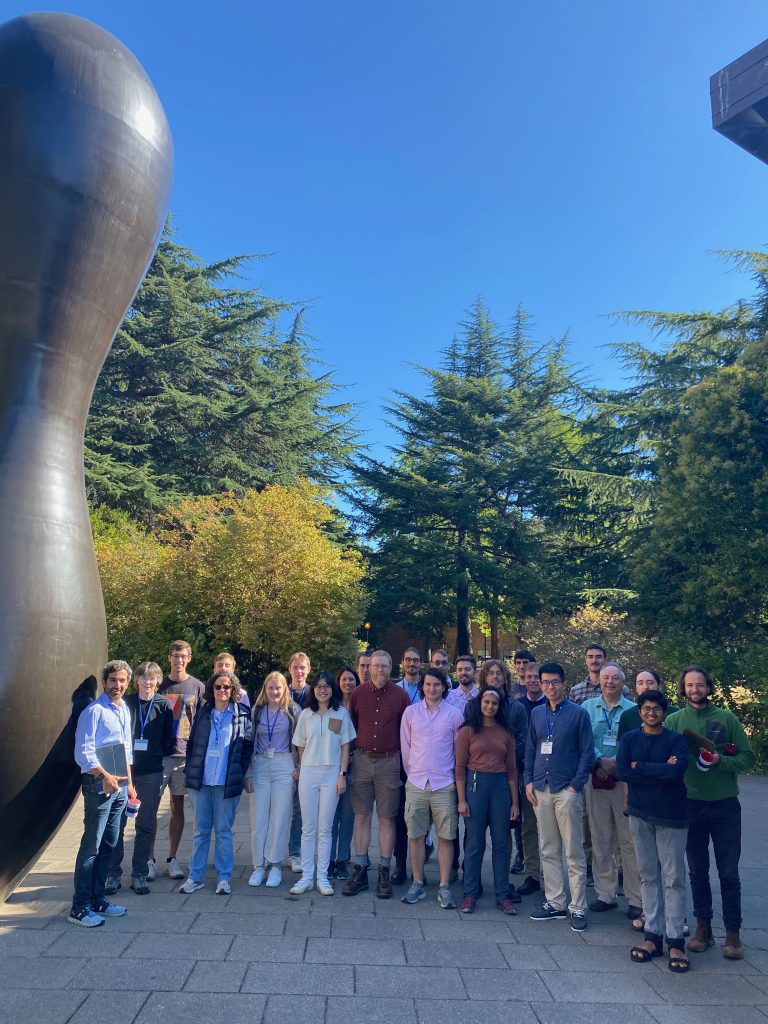
Organizers: Alexey Gorshkov ( NIST, QuICS, JQI, U. of Maryland), Niklas Mueller (IQuS, U. of Washington), Raju Venugopalan (BNL, C2QA), Nicole Yunger Halpern (NIST, QuICS, JQI, IPST,U. of Maryland)
Quantum computation and simulation promise rapid advances in understanding quantum thermalization, a challenging topic driving many fields. This workshop aims to initiate an interdisciplinary conversation between researchers from high energy and nuclear physics, ultra-cold atomic and molecular gases, condensed matter physics and quantum information science. Its goal is to overcome challenges by exchanging ideas and concepts, as well as developing tools such as lattice gauge theory, aimed at phenomena surrounding quantum thermalization and open quantum systems, from a theoretical and experimental perspective. The workshop will cover interdisciplinary aspects of topics such as Eigenstate Thermalization, Universality, Entanglement Structure and Tomography, Hydrodynamization, and Quantum Thermodynamics.
Confirmed participants include:
Monika Aidelsburger (MPI for Quantum Optics, LMU Munich), Alexei Bazavov (Michigan State), Jürgen Berges (Heidelberg University), Doerte Blume (University of Oklahoma), Ceren Dag (Harvard University), Andreas Elben (Caltech), Adrien Florio (Brookhaven National Lab), Alexey Gorshkov (University of Maryland / NIST), Mohammad Hafezi (University of Maryland / NIST), Luke Johns (UC Berkeley), Christina Manuel (CSIC-IEEC Barcelona), Duff Neill (Los Alamos National Lab), Rob Pisarski (Brookhaven National Lab), Anatoli Polkovnikov (Boston University), Felix Ringer (Old Dominion University), Alex Schuckert (University of Maryland), Mark Srednicki (UC Santa Barbara), Federica Surace (Caltech), Nicole Yunger Halpern (University of Maryland / NIST), Torsten Zache (University of Innsbruck)
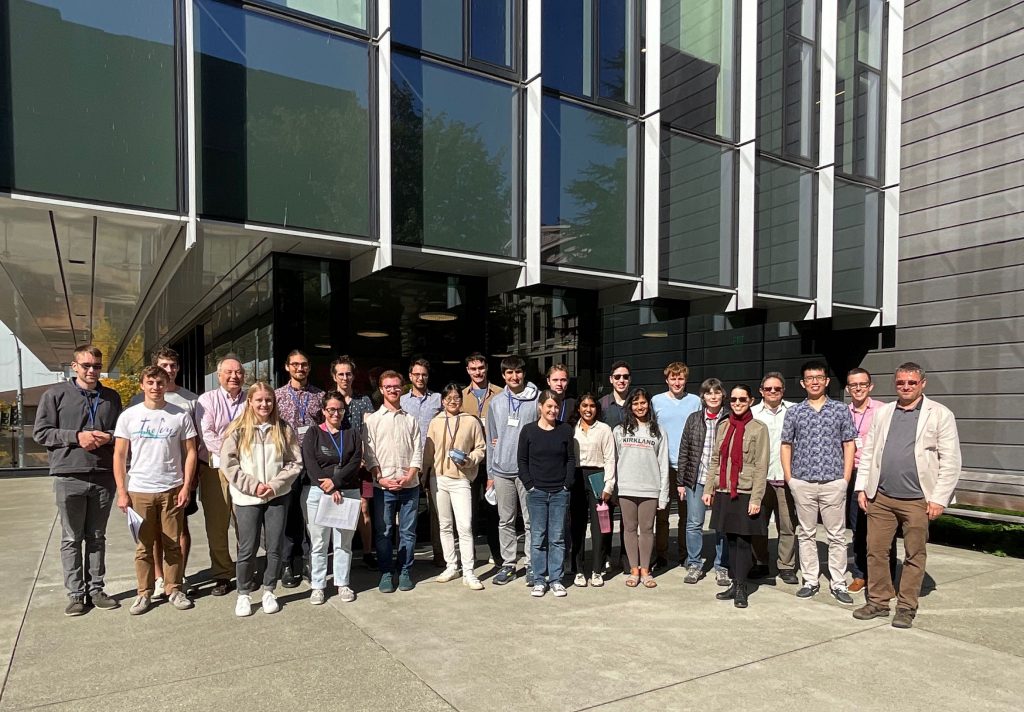
Format and Scope:
The workshop has a lightly-planned schedule, with two talk sessions per day and plenty of time for interaction and collaboration between participants. In addition, there will be focussed “rump sessions” throughout both weeks. Reflecting the diverse (scientific) background of participants and the interdisciplinary scope, these will allow us to interconnect, identify common goals and learn from each other strategies to reach them. Feel free to send us your expectations and suggestions beforehand, niklasmu@uw.edu. Or, to prepare in advance, let other participants know that you are excited to learn about what common interest you may share.
Repository of all talks: https://www.dropbox.com/scl/fo/pjf5zjb0sdgr3rvg8xnea/h?rlkey=mwiijh8qhtm4yvuiw5a79qclr&dl=0
Impact: See https://quantumfrontiers.com/2023/11/19/the-power-of-awe/ for an article about our workshop.
Hourly Schedule
Monday, September 11
- 9.30am - 10am
- Welcome & Introduction
- 10am - 11am
- Opening discussion: what are the interesting problems? (30min + 30min)
- Mark Srednicki, UC Santa Barbara
- 3pm - 3.40pm
- False vacuum decay in quantum spin chains (20min + 20min)
- Federica Surace, Caltech
Tuesday, September 12
- 10am - 11am
- What ultracold atoms can tell us about the real-time dynamics of QCD in extreme conditions (30min + 30min)
- Jürgen Berges, University of Heidelberg
- 3pm - 3.40pm
- Effective Field Theories for hot relativistic plasmas (20min + 20min)
- Cristina Manuel, CSIC-IEEC Barcelona
Wednesday, September 13
- 10am - 11am
- Quantum simulating the real-time dynamics of q-deformed gauge theories (30min + 30min)
- Torsten Zache, University of Innsbruck
- 1.30pm - 2.30pm
- Rump Session
- 3pm - 3.40pm
- The quantum thermalization and its time-scales of Neutrinos qua Heisenberg Interactions (20min + 20min)
- Duff Neill, Los Alamos National Lab
Thursday, September 14
- 10am - 11am
- Prospects of correlated electron-photon systems for quantum simulation (30min + 30min)
- Mohammad Hafezi, University of Maryland / NIST
- 3pm - 3.40pm
- Transport and thermal equilibrium in spin quantum simulators (20min + 20min)
- Alex Schuckert, University of Maryland
- 4pm - 4.45pm
- Student Session
Friday, September 15
- 10am - 11am
- Perspectives from the lattice (30min + 30min)
- Alexei Bazavov, Michigan State
- 2pm - 2.40pm
- Thermodynamics of oscillating neutrinos (20min + 20min)
- Luke Johns, UC Berkeley
Monday, September 18
- 9.30am - 10am
- Welcome & Introduction
- 10am - 11am
- What can quantum thermodynamics do for you? (30min + 30min)
- Nicole Yunger Halpern, University of Maryland / NIST
- 3pm - 3.40pm
- Real-time non-perturbative dynamics of jet production in Schwinger model: quantum entanglement and vacuum modification (20min + 20min)
- Adrien Florio, Brookhaven National Lab
Tuesday, September 19
- 10am - 11am
- Quantum Simulation with Ultracold Atoms – From Hubbard Models to Gauge Theories (30min + 30min)
- Monika Aidelsburger, MPI for Quantum Optics, LMU Munich
- 3pm - 3.40pm
- Learning conservation laws in unknown quantum dynamics (20min + 20min)
- Andreas Elben, Caltech
Wednesday, September 20
- 10am - 11am
- The scent of Eigenstate Thermalization in hadronic collisions at high multiplicity (30min + 30min)
- Rob Pisarski, Brookhaven National Lab
- 3pm - 4pm
- Rump Session
Thursday, September 21
- 10am - 11am
- Chaos and thermalization through adiabatic transformations
- Anatoli Polkovnikov, Boston University
- 3pm - 3.40pm
- Open quantum system dynamics within the Schwinger model (20min + 20min)
- Felix Ringer, Old Dominion University
- 4pm - 4.45pm
- Student Session
Friday, September 22
- 10am - 11am
- Speed Limits on the Propagation of Quantum Information
- Alexey Gorshkov, University of Maryland / NIST
- 2pm - 2.40pm
- Quantum scars and regular eigenstates in chaotic spinor condensates (20min + 20min)
- Ceren Dag, Harvard University
